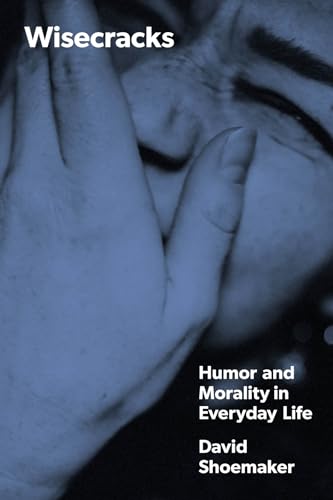What do you think?
Rate this book


252 pages, Paperback
Published May 1, 2024
We’ve got excellent reasons to engage in the wisecracking life, but we may also have serious moral qualms about doing so. My title points to a kind of pun: Wisecracks may both bridge cracks and crack bridges, bond people and divide them. Which one occurs depends crucially on what role, if any, empathy plays in the exchange.
Wisecracks are ways of interacting with other people, but they are distinctive because what makes wisecracks aesthetically good — amusing — is often the very same thing that can make them morally bad. They tweak or ignore some of the norms that sustain our interpersonal lives, such as our expectations of trust and honesty, our desires for respect and equal worth, our concern to be viewed as the particular people we are (rather than as members of some group). These features make them very different, and far more interesting, than jokes.
What crucially matters in responding correctly to both the funniness and the moral status of a wisecrack are the wisecrackers intentions and motives, which amount to what the wisecracker means by it and what his or her attitudes are toward others affected or targeted by the wisecrack.